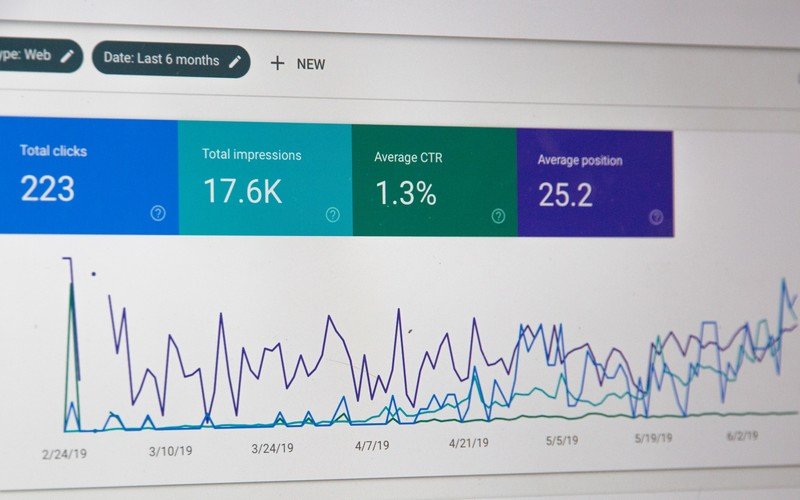What is SEO and why is it important?
Photo by Stephen Phillips - Hostreviews.co.uk on Unsplash
Search Engine Optimisation (SEO) is the practice of optimising a website or web page to improve its visibility and rankings in organic (non-paid) search engine results pages (SERPs). The goal of SEO is to increase the quantity and quality of organic traffic to a website, thereby enhancing its online presence and driving relevant visitors.
SEO involves various techniques and strategies aimed at aligning a website with the algorithms and ranking factors used by search engines. While search engine algorithms are complex and constantly evolving, there are some key elements that SEO focuses on:
1. On-Page Optimisation
This includes optimising various elements within a website to make it more search engine-friendly. It involves optimising the page titles, meta descriptions, heading tags (H1, H2, etc.), URL structure, keyword usage, image alt tags, and content quality. On-page optimisation ensures that search engines can understand the content and relevance of a web page.
2. Keyword Research
SEO involves identifying and targeting relevant keywords that users are likely to search for. Keyword research helps in understanding the search volume, competition, and user intent behind specific keywords. By incorporating these keywords strategically into the content, headings, and meta tags, websites can improve their chances of ranking for relevant searches.
3. Technical SEO
This aspect focuses on optimising the technical aspects of a website to improve its crawlability and indexability by search engines. It includes optimising website speed and performance, ensuring proper site architecture and URL structure, optimising XML sitemaps and robots.txt files, implementing structured data markup, and improving mobile-friendliness.
4. Link Building
Links from other websites to your website (backlinks) are an important factor in SEO. High-quality backlinks from authoritative and relevant websites indicate to search engines that your website is trustworthy and valuable. Link-building strategies involve outreach, content creation, and relationship-building to acquire backlinks from reputable sources.
5. User Experience
Search engines prioritise websites that offer a positive user experience. Factors such as website responsiveness, easy navigation, low bounce rates, and high dwell time (the time users spend on a page) are considered in determining search rankings. Optimising website usability and user engagement contributes to improved SEO performance.
6. Content Optimisation
High-quality, relevant, and valuable content is vital for SEO. Optimising content involves creating well-structured, informative, and engaging content that satisfies user intent. Content should incorporate relevant keywords, answer users' queries, and provide comprehensive information. Regularly updating and expanding content can improve search visibility and attract more organic traffic.
7. Local SEO
For businesses targeting a local audience, local SEO strategies are employed. This includes optimising the website for local keywords, creating and optimising Google My Business listings, managing online reviews, and ensuring consistent NAP (Name, Address, Phone) information across various directories.
SEO is an ongoing process that requires continuous monitoring, analysis, and adaptation to changes in search engine algorithms and user behaviour. The ultimate goal is to provide the best possible user experience while making it easier for search engines to understand and rank your website, thereby increasing organic visibility and driving targeted traffic.
All this said, in practice, the best way to improve your SEO is to focus on creating the most relevant content. You may find this blog post is also of interest Why is SEO so important for good content design?
If you would like to learn more about how to imrpove your search engine strategy
Get in touch


